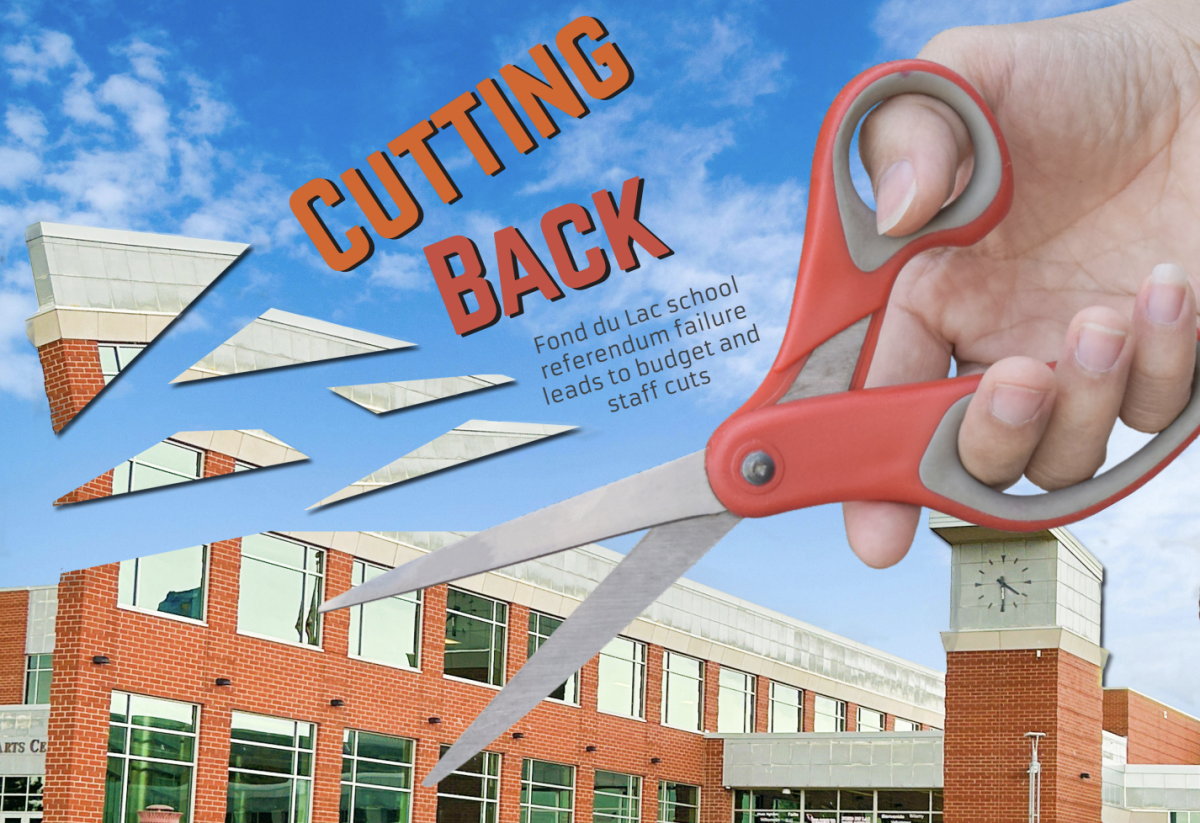So Much Shame
How ASTOP Supports Victims Of Sexual Assault
June 29, 2022
Sexual assault can make people feel powerless and not in control, according to ASTOP Executive Director Anna Koepsell. “I think by giving people that opportunity to have control of what they want to do next, to feel empowered, that they know what is best for them can make a huge difference,” she said.
ASTOP, which stands for Assist Survivors – Outreach – Prevention, is a nonprofit focused on sexual abuse and assault and exists as a resource to provide that support. They work to advocate for victims and educate the public on what sexual assault is, how to ensure that consent is respected, and how people can better support victims, especially those who are often overlooked by society.
“Everything we offer is completely free and confidential… anyone who ever comes to get services from us, never has to worry about paying for anything that we offer them,” Koepsell said. Starting as an intern, Koepsell has since acquired a bachelor’s degree in social work, minors in psychology and Culture, Media and Gender Studies, and risen to the position of Executive Director.
Among the services that ASTOP offers is a 24/7 crisis line that always, no matter the date, has someone on hand to answer the phone and provide support to those who call. ASTOP also has 24 Hour Emergency advocacy, which means that they provide support to victims at the emergency room when they’re getting a sexual assault exam done, or being there to support victims while they make a report of the incident to law enforcement if they choose to do so.
Among the other services they provide are a case manager, who meets with clients to figure out what they need and helps connect them to resources such as housing, childcare or counseling. ASTOP also has two counselors who are licensed professional counselors and practice at a master’s level.
ASTOP also offers a client advocate, who assists with emergency advocacy and legal matters such as court appearances and restraining orders.
“She can really help our clients navigate these complex systems that they have to interact with, like I said, like law enforcement, criminal justice system, the medical system… she’s not an attorney, but she’s there to just be able to help explain the systems to the clients and help them navigate them,” Koepsell said.
ASTOP’s personnel are extremely qualified for their work, with the standard level of education being a bachelor’s degree, if not higher, in subjects like social work, psychology or criminal justice.
Sexual harassment and assault can take many forms, and ASTOP works to help the community understand exactly where to draw the line.
“It just comes down to doing something of a sexual nature that is unwanted and makes the other person feel uncomfortable or violated in some way, shape or form,” Koepsell said. “It’s a sexual activity that occurs without the consent of the victim.”
ASTOP’s priority is always the victim and supporting their needs. “We don’t require anyone to report to the police to get a sexual assault exam,” Koepsell said. “We’re just there for our clients and whatever option that they choose to go with… I think that’s the best thing that you can do for survivors, because sexual assault really makes people feel really powerless and like they have no control. Sometimes, Koepsell said, it’s important to simply tell victims, “I’m here to support you in any way that you need me to support you.”
ASTOP takes the confidentiality of those taking advantage of these services seriously, Koepsell adds. “‘Confidential’ just means that no one would ever know someone’s coming to get services from us unless they choose to tell them that information… everything that we do is kept completely confidential and private to respect the identities of all of our clients.”
ASTOP does not discriminate among victims by gender. “We serve men as well. We serve all gender identities. So we really see all walks of people come in to get services from us,” Koepsell said. She also discussed the way that male stereotypes can interfere with recognizing men as victims. “I definitely think those stereotypes definitely shaped the way that we look at male victims as a society.”
Koepsell said male stereotypes often push that men must be macho and want to get “action” at any time. However, she stressed that this stereotype is misleading and damaging and can often lead to male victims being reluctant to reach out or ask for support, out of fear of not being believed.
“Every person can choose the ways they want to engage with a partner, and it doesn’t mean just because you’re a guy that you are consenting at all moments of any time,” Koepsell said. “We also see with just the way that our society is… for a long time, men have felt afraid of coming forward for fear that people won’t believe them, or it will make them less masculine, which is not true at all.”
In that vein, sometimes the best thing that you can do for the victims is very simple. “I really think that is the biggest thing that every single one of us can do is when someone tells you something like that happens, believe them,” Koepsell said. “It can make a world of difference in a survivor’s life.”
“So many times when people come to our office, they will say, “No one has ever said that they believe me. No one has ever said that it wasn’t my fault,” Koepsell said, stressing that it can make such a huge difference just to tell someone “I believe you and I know that this wasn’t your fault, and I’m really sorry you have to go through that.”
Koepsell uses the words “survivor” and “victim” interchangeably. “In our field, we like to give people the option to choose what they identify with because sometimes people right away in that moment, see themselves as more of a victim. ‘I’ve just experienced this’ versus some people down the line. I want to kind of classify themselves as a survivor because they’ve kind of overcome something. So you’ll hear me use those words interchangeably, too.”
Koepsell also emphasized the importance of being respectful about the topic of sexual harassment and assault. “Just think about the ways you talk about these things with other people, because you don’t know who is a survivor in your life,” Koepsell said. It’s best to be cautious how you talk about these topics.
“The people who are close to us are listening to us and trying to find out if we are safe people that they can tell,” Koepsell said.
Koepsell said the best way to make sure everyone’s consent is being respected is to be really in-tune with your partner and listen to them. She said being in tune with your partner may mean asking things such as, “Is this okay? Do you want to do this thing? You know, are you comfortable?”
“Just keeping that communication open with a partner is really just showing them respect,” she said. “Having a conversation and respecting your partner is what it ultimately comes down to, and I think don’t make anyone do something that they don’t want to do, and don’t try to convince someone to change their mind to participate in a sexual activity if they’re not sure if that’s what they want to do.”
It’s everyone’s responsibility to be a good and respectful partner, which can often amount to something as simple as being in tune with their body language and nonverbal cues. Koepsell said that this is really “just having a conversation that’s not awkward, that’s comfortable for the two of you, in whatever way, shape, or form that looks like.”
“Everybody has the right to feel safe,” Koepsell said. “No one has the right to make you feel unsafe.”



